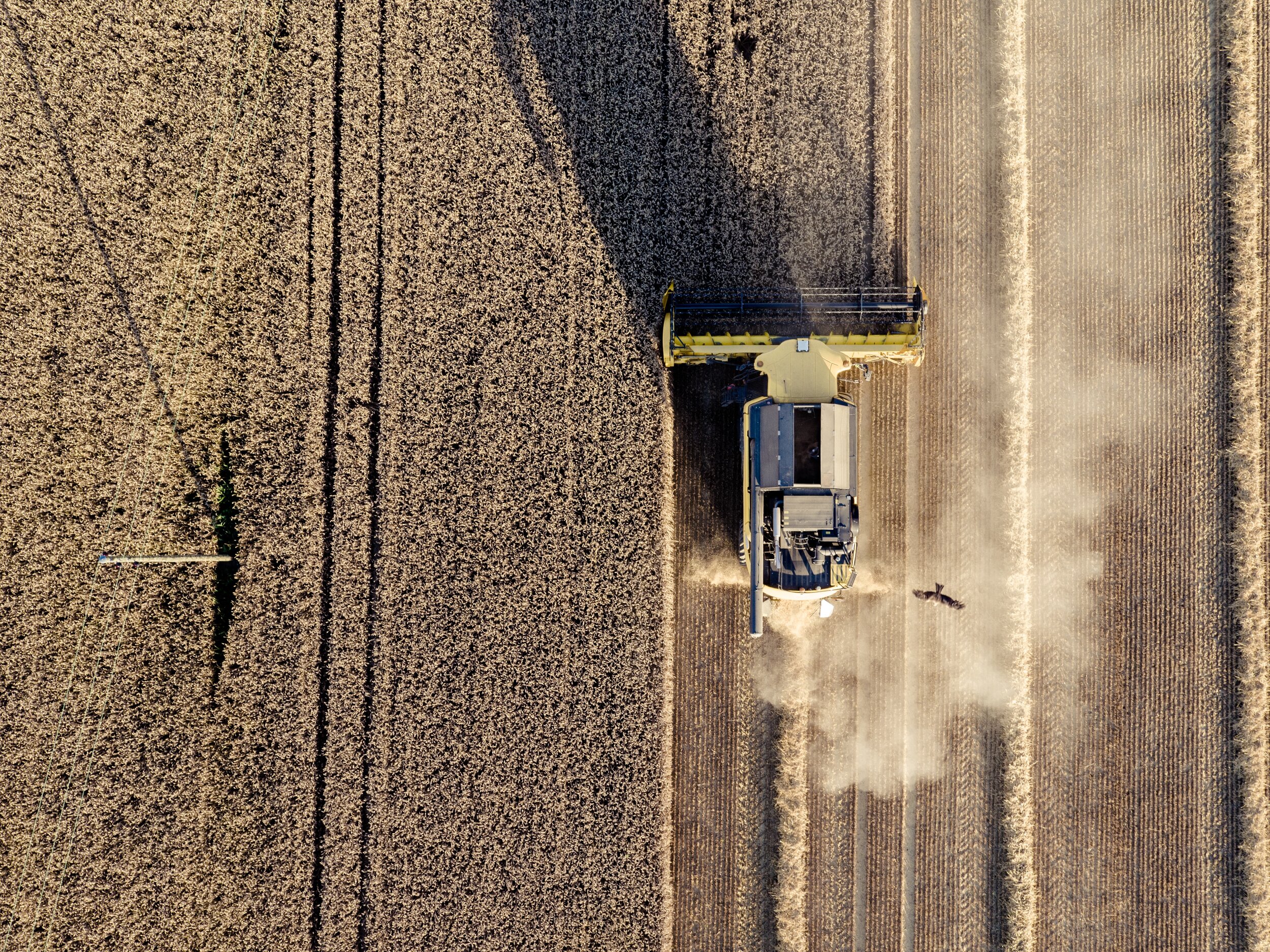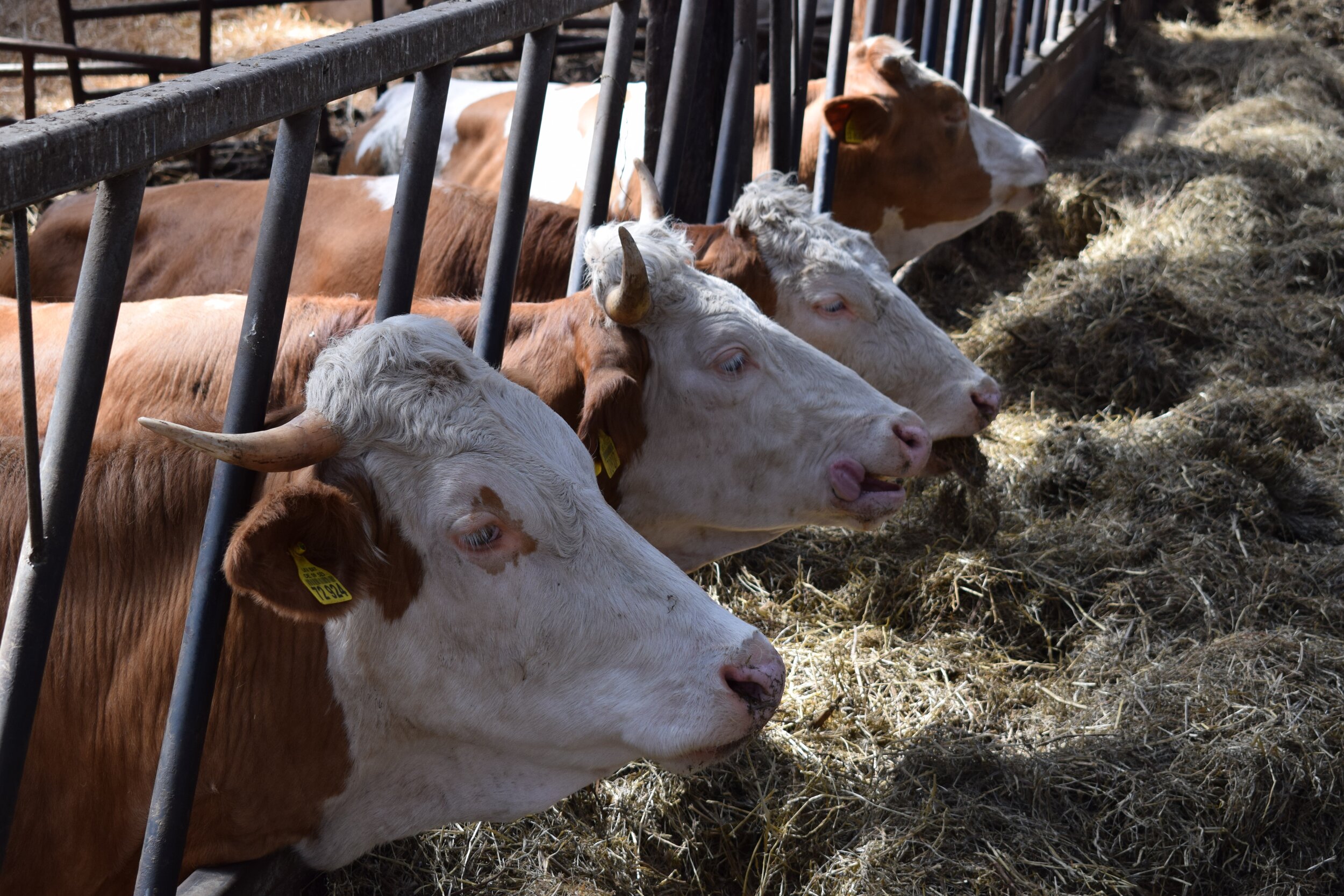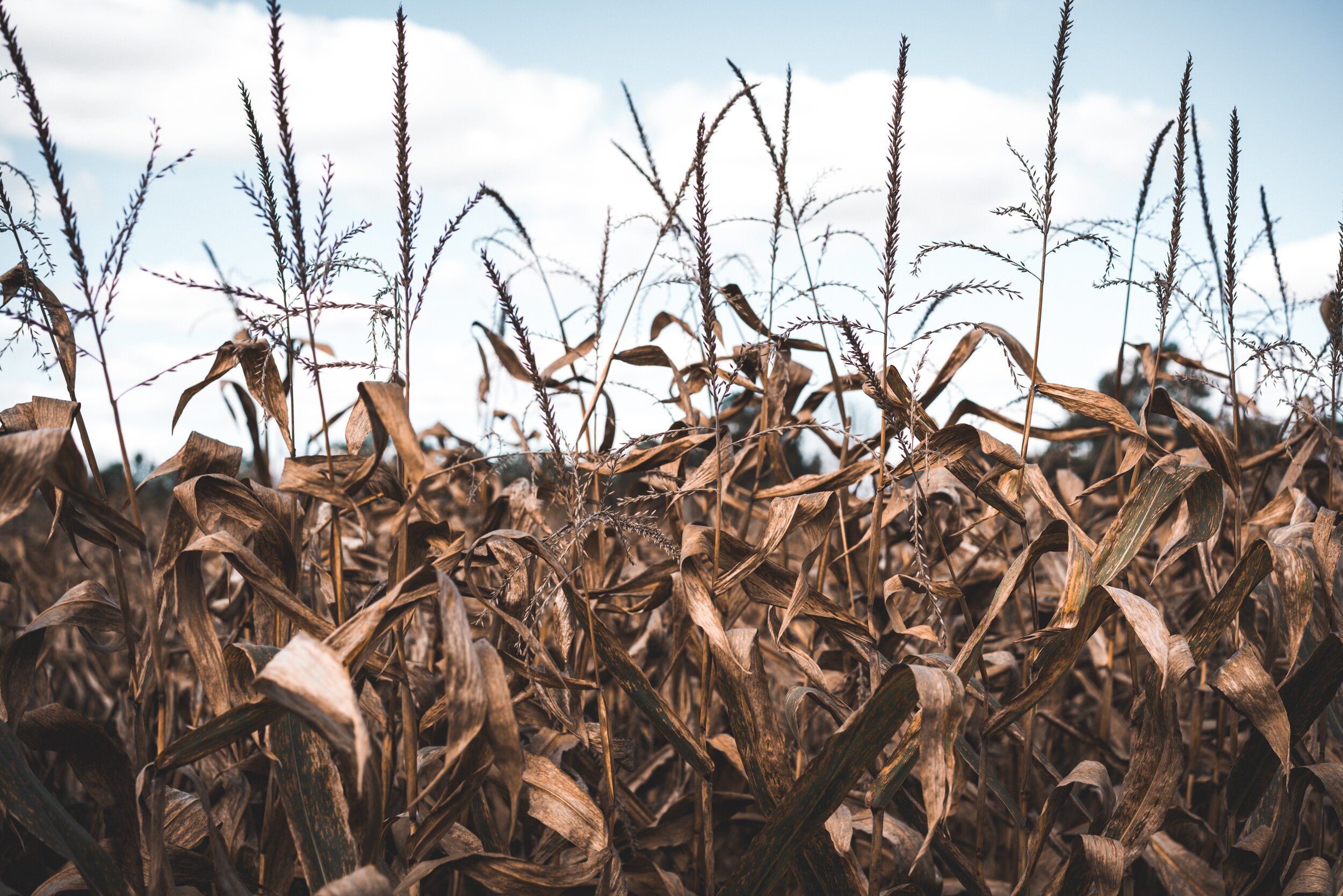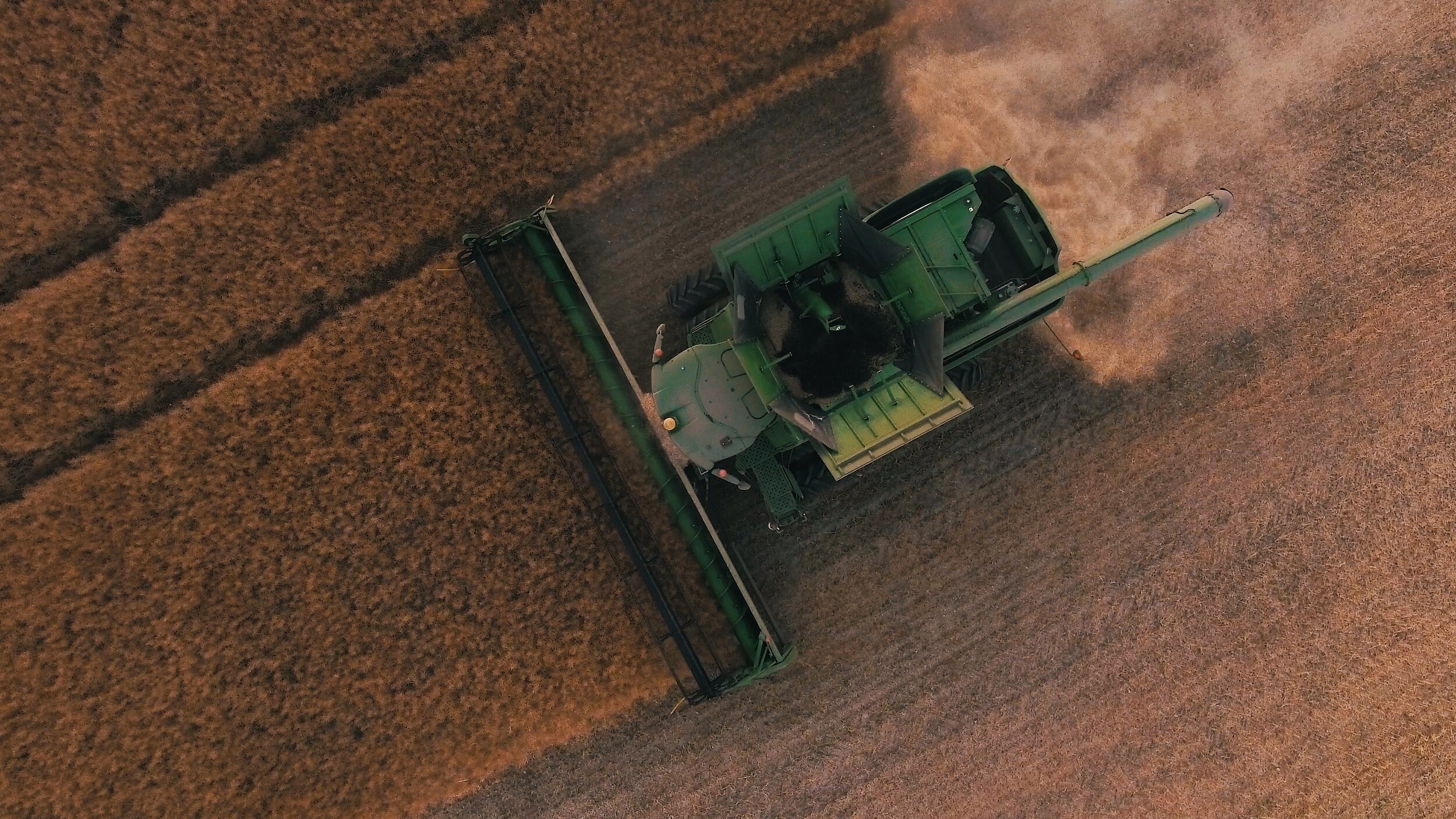While we’re quarrelling, our habitat is stalling
03 March 2021
By Max Fraser - A respected design commentator across the media of books, magazines, exhibitions, video and events broadening the conversation around contemporary design.
At what point did the nuances of our lives become so black and white? Does anyone understand how opinion has been so pushed into the camps of right and wrong? When did our understanding of the world become so binary?
The answer, if I can be so forthright as to say, is that it probably always has been. However, the reason that it seems so pronounced right now may be because we have greater exposure to it in the form of our mainstream media polarising more to the left and right of political favouritism, amplified by social media choosing what we’re exposed to based on some algorithmic mining of our online lives, all fuelled by the populist vitriol of ‘fake news’ intertwined with the continual casting of doubt by the political elite.
Despite our innately tribal tendencies, the topics that we find ourselves engaged in very quickly reduce down to simplified slagging matches, where one is expected to be rooted on either side of the opinion wall and sling verbal grenades over the divide. Newcomers stand aside perplexed, chastised for not forming an immediate opinion and therefore alienated from the debate. This assault results in a population paralysed in the wake of contradictions and conflicting information, choosing to keep their heads below the parapet rather than risk the firing line.
Take the subject of climate change as an obvious multi-decade example. In the same way that tobacco brands funded a campaign of doubt around the dangers of smoking, so too has the fossil fuel industry sponsored the suppression of information regarding the damage inflicted by our insatiable energy and production demands. In unison, the complex scientific evidence has been muddled just enough to allow governments to tick along with lacklustre policies to address the challenges that are now undeniably upon us. While the science is hard to refute, some suggest that climate crisis deniers are defending fossil fuels as part of a broader culture war to defend the erosion of their identity; fossil fuels have, for the most part, defined the world that we’ve built over the past couple of centuries. It is too much of an affront to accept that the yesteryear model of existence is now in decline, so they fight to defend it.
The more complex the facts, the more they’re broken down into simplified messages. Within the context of Planted, where food, farming and the outdoors are central themes, let’s take the ongoing and highly sensitive debate around our food choices as an example. On the one hand, livestock is targeted as the greatest greenhouse gas emitter of the agricultural sector (it’s not the cow, it’s the how – we’ll save that for another day!). Meanwhile, vast tracts of monocultured crops are replacing forests, releasing sequestered carbon from the ground together with a continual coating of artificial chemicals to enable growth. The warring factions assemble; meat eaters and vegans locked in a passive aggressive tête à tête awash with self-righteous proclamations based around their world view and, indeed, their own sense of identity. The subject, like so many, is hugely complicated; the realities of our current food production are layered with complexities around government policies, corporate dominance, land ownership, seed sovereignty, price-driven efficiencies, access to resources, chemical inputs, biodiversity loss, regional differences, industrial vs organic, animal welfare, human rights, social inequality, food and packaging waste, cultural traditions, food miles, scarcity and malnutrition, abundance and malnutrition… I could go on. But my point is, the argument extends so far beyond the simplistic meat vs plants debate.
In this world of extrovert broadcasters, it’s increasingly important for us all to occasionally shut up and listen. It’s OK to admit we don’t know or understand. It’s also fine to have impassioned beliefs. But let’s not fight because an opinion doesn’t fit our world view; instead, let’s see if we can acknowledge and find empathy with a different viewpoint (imagine how Brexit might’ve turned out if all sides had engaged in reasoned conversation). Instead of rushing to protect what matters to you, let’s work towards a rounded view of what works best for us all, putting the needs of the most vulnerable first. Away from the fruitless hunt for perfectionism, perhaps we can still progress on this planet with an acknowledgement that many of our actions are heaped with contradictions but imbued with progressive and regenerative intentions, rather than depletive.
The finger-pointing and ‘us and them’ shouting of today is a symptom of our injustices. It is only when everyone feels like they’re being listened to that we stand a chance of forming a consensus on how to progress with the myriad challenges that increasingly threaten our existence, and that of our fellow species. Instead of rolling out more and more doom-ridden facts to fuel our sense of hopelessness, perhaps we need to regularly share stories of the world we want. We need to stimulate our imaginations and create familiarity around the future we should be aiming for. There is no time to sit on the fence, we must develop a taste for how it could be. I acknowledge that this is easier said than done but I can’t help feeling that if we aim to renew our sense of what’s possible, we stand a better chance of then making it happen.
Ends
Follow Max on Instagram @maxfraserdesign






